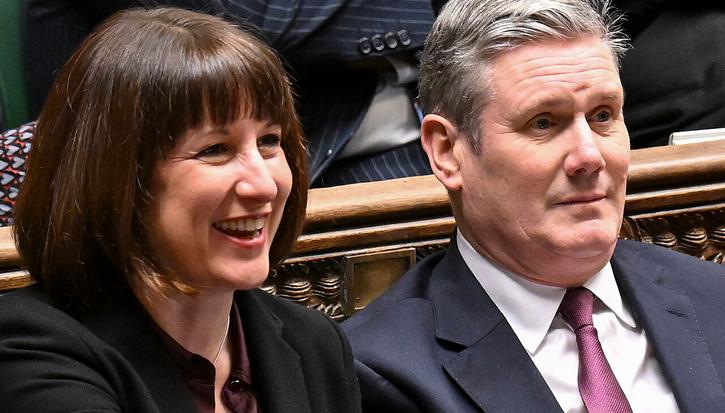The Shared Prosperity Fund: What can we learn from government’s plan to replace EU funds?
Article
Today the levelling up secretary Michael Gove has confirmed how the government will allocate the long-awaited UK Shared Prosperity Fund (SPF) - the replacement for EU economic development money for UK nations and regions. The EU funds were used to promote economic growth and social inclusion, with places that needed most help getting more money.
The prime minster said in the 2019 Conservative manifesto that the SPF would, at a minimum, match the EU funds in each nation of the UK, but this always looked unlikely given the funding available in the latest spending review. Our analysis of the final figure announced this week confirms an annual SPF of £873 million on average, compared with average annual EU funds of £1.5 billion in real terms between 2014 and 2020 – a 43 per cent cut.
To give just two examples of what the implications from these allocations mean on the ground, Tees Valley is set to receive around a £13 million reduction in funding, while Greater Manchester will see a fall of around £26 million (adjusting for inflation).
But aside from the disappointing levels of funding, today's news raises concerns about the way in which the SPF will work - the “how” as well as the “how much”.
The SPF is not being allocated through yet another competition (like the Towns Fund and Levelling Up Fund, for example), and this is welcome. But its design is still lacking. Under the previous system of EU structural funds, places were allocated seven years of funding, not three as is planned for the SPF. Places have already started finishing off their most recent round of seven-year projects made possible by EU funds. Ideally, local and regional government would now be starting successor projects with a new seven-year funding pot from the SPF.
However, the detail of today’s announcement confirms that places will have dramatically reduced resources for the next two years, followed by just one year of “full” shared prosperity fund, with no guarantee of further funding after that. This means that the rhetoric around today’s announcement – that funding will match what was previously spent – is far from reality in two out of the three years it plans for.
Government claims that remaining EU funds still being spent on current projects should in effect count towards the SPF, but this is an unconvincing argument. In reality, the EU funds always had an additional “plus 3” year timescale for projects to be completed, with places still receiving their full allocation of the next funding round regardless of whether or not previous funds were used up.
This approach to the SPF encourages short termism – it simply doesn’t allow for the strategic thinking and succession planning which is necessary to support regional growth. Instead, an ambitious approach would see places allocated a simplified, long term and devolved funding stream to underpin levelling up. The administration of the EU funds could be difficult, but they were long term, transparent and devolved – in trying to create something different, the government has created something worse.
There has been surprising little political debate on the SPF, and it could be that politicians are wary of being seen as defending the EU status quo. But the UK has left the European Union, and this is all about what happens next. Today we’ve seen a 43 per cent annual cut in regional development funding, guaranteed for less than half as long, delivered in a way which encourages short termism.
Today is not a recipe for success. It’s a serious blow for levelling up.
Nick Gray is a research fellow at IPPR North. He tweets @path_dependent. Marley Morris is associate director of migration, trade and communities at IPPR. He tweets @MarleyAMorris.
Related items

Regional economies: The role of industrial strategy as a pathway to greener growth
Regions like the North should have a key role to play in the development of a green industrial strategy.
Achieving the 2030 child poverty target: The distance left to travel
On 27 March, the Scottish government will announce whether Scotland’s 2023 child poverty target – no more than 18 per cent of children in poverty – was achieved.
Spring statement: A changed world calls for a changed course
If there are decades where nothing happens and there are weeks where decades happen, the last few weeks feel seismic. The prime minister was right to say the world has changed. Donald Trump’s re-election in November has unleashed a wave…